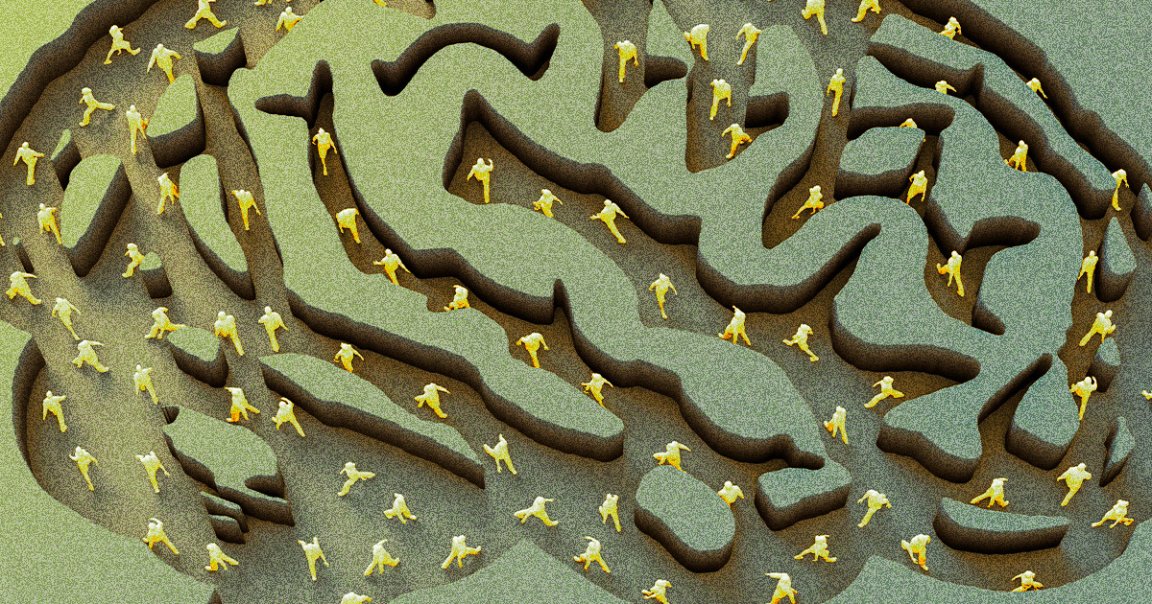
Robert Sapolsky, a 66-year-old Stanford neurobiologist, has a controversial view on the nature of human existence: he doesn’t think “free will” exists. At all.
A MacArthur “genius” grant recipient at the age of 30, Sapolsky has spent over four decades extensively studying human and primate behavior. His new book, “Determined: Life Without Free Will,” is an examination and brutal takedown of the major arguments in favor of human volition.
His verdict is that pretty much everything we do boils down to biology, upbringing, circumstance, and whatever curveballs life throws us. We are, like every living organism, mere “biological machines.”
“The world is really screwed up and made much, much more unfair by the fact that we reward people and punish people for things they have no control over,” Sapolsky told The LA Times. “We’ve got no free will. Stop attributing stuff to us that isn’t there.”
It’s a fringe belief, to be sure, and you may feel differently. But as Sapolsky argues, even a small, supposed decision like that is predetermined. The idea that free will means we’re in charge of our actions is a “completely useless definition,” he told The New York Times.
“For that sort of free will to exist, it would have to function on a biological level completely independently of the history of that organism,” he told the paper. “You would be able to identify the neurons that caused a particular behavior, and it wouldn’t matter what any other neuron in the brain was doing, what the environment was, what the person’s hormone levels were, what culture they were brought up in.”
But it does matter, he says. We spend our whole lives being conditioned to respond to different stimuli — a bad smell, for example. How we act in the face of that smell is determined by our genetics, genetics that programmed our olfactory receptors, and what we’re conditioned during our upbringing to do in response to that perception.
“At any meaningful juncture, we’re making decisions based on our tastes and predilections and values and character,” he told NYT. These all come from somewhere, and our minds don’t act independently of them.
It gets deeper. If free will is a sham, Sapolsky says, then moral responsibility wouldn’t exist. We could only “take ownership” of what we do — including moral decisions — “in a purely mechanical sense.”
Peter U. Tse, a neuroscientist at Dartmouth College, called Sapolsky “both brilliant and utterly wrong.”
“Those who push the idea that we are nothing but deterministic biochemical puppets are responsible for enhancing psychological suffering and hopelessness in this world,” Tse told The LA Times.
Whether or not that critique holds up, Sapolsky maintains that he wants humans to be happy, not to suffer — which, he admits, might not hold up in the context of his main argument.
“It is logically indefensible, ludicrous, meaningless to believe that something ‘good’ can happen to a machine,” he wrote, per the LA Times. “Nonetheless, I am certain that it is good if people feel less pain and more happiness.”
More on neuroscience: If You Had a Concussion When You Were Younger, Scientists Have Bad News